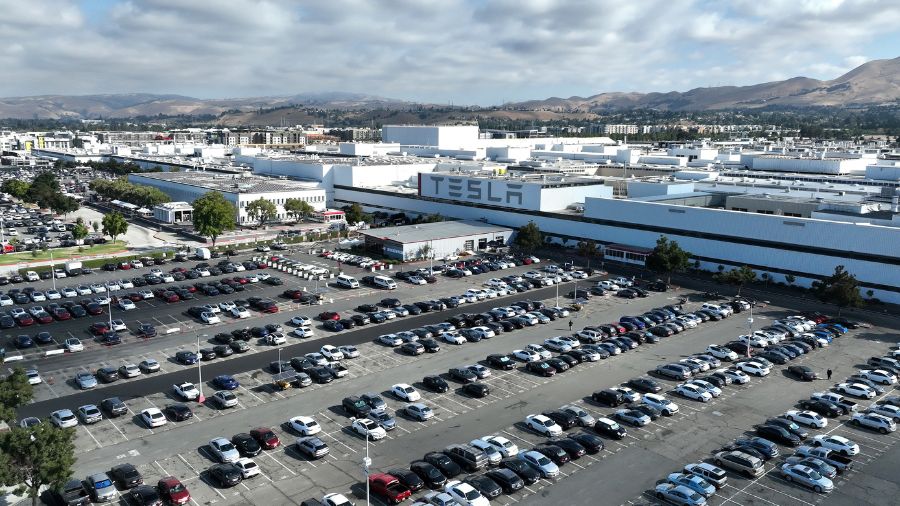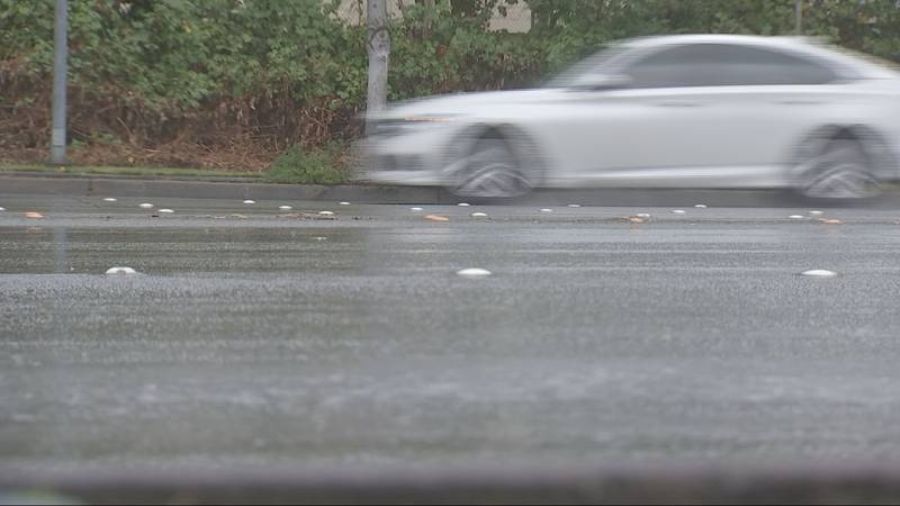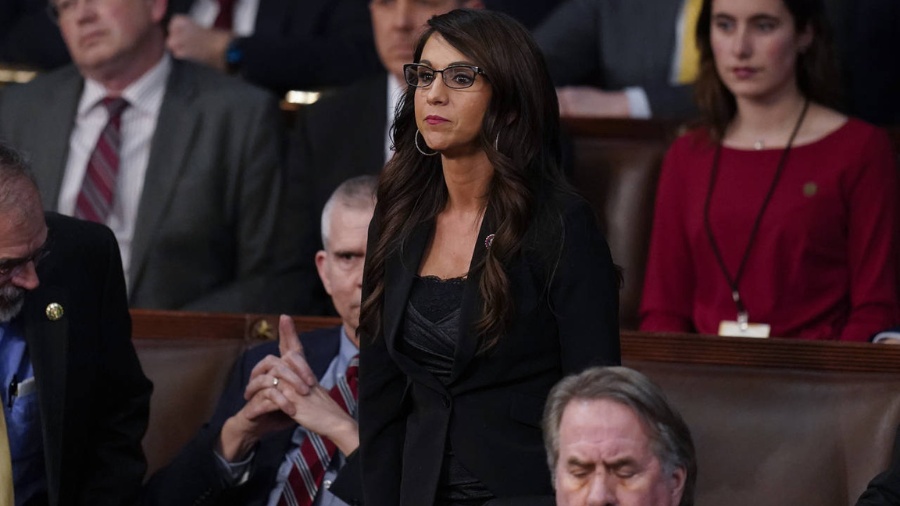Former WA AG on whether workers can be forced to return if they feel unsafe
Apr 30, 2020, 11:53 AM
President Trump recently invoked the Defense Production Act, requiring meat packing plants to continue operating during the pandemic. There have been COVID-19 cases identified at some of these plants, and a few cases where workers have died from the virus. But does the government have the power to make an employee work against his or her will?
Some ‘essential’ workers don’t feel safe going to work, can’t stay home
Former Attorney General Rob McKenna said this is an interesting case thanks to competing federal laws.
“On one hand, you have federal laws protecting workers that are administered by the Occupational Safety and Health Administration (OSHA). And on the other hand, you have the Americans with Disabilities Act, which protects people from discrimination,” McKenna told Dave Ross on Seattle’s Morning News.
Under the latter, you can’t forbid someone who may be at higher risk of illness from coming to work, he said. But under OSHA, you can force people to come to work even if they’re concerned about their safety.
“It really comes down to whether a reasonable person in that workplace would believe that it was dangerous and there’s a problem that could be corrected,” he said.
McKenna provided an example from the Wall Street Journal. If you’re a housekeeper in a hotel who has received safety training, gloves, masks, and other housekeepers think it’s reasonable to continue cleaning rooms, you’re not going to have an argument to stay home.
“You could be fired, even though you’re concerned about it, because it’s a reasonableness test and because your employer has taken steps that make it safer,” he said.
“On the other hand, if you’re a housekeeper for a hotel that becomes a COVID hotel, where they’re actually housing people who have tested positive, you might have a case, because you could say, ‘look, these people are all, by definition, positive with COVID-19 and this place should be operating more like a hospital not like a hotel, therefore, medical standards should be met.’ So there you would have an argument,” he added.
In general, if other people are going to work and the employer has taken steps to protect employees, you probably can’t stay home without risk of being fired.
While researching this topic, McKenna ran across the Equal Employment Opportunity Commission, which protects workers rights and civil rights, and has now said employers are allowed to make temperature-taking mandatory.
“They can require employees to let them take their temperature, and they can keep a log of their employees temperatures,” he said. “And that’s all in the name of trying to protect the other workers.”
Everett’s Paine Field begins screening traveler temperatures
What about the case of the employer who doesn’t feel that they can responsibly reopen and is concerned about liability?
“I think that if you’re reopening under federal orders, you have some sort of defense to say that you didn’t have a choice,” McKenna said. “Then I think your liability would be limited to where an employer failed to take reasonable steps to protect employees.”
If you open, people wear masks, gloves, keep their distance, and someone gets sick anyway, you have a defense as an employer that the government ordered you to reopen, McKenna said.
“I think that defense is strong if you took reasonable steps,” he said. “On the other hand, if you reopened and didn’t take any of those steps, particularly when OSHA is issuing all kinds of guidelines on a workplace by workplace basis, telling you as a retailer or another kind of plant what you have to do, then I think you got real exposure.”
Listen to Seattle’s Morning News weekday mornings from 5 – 9 a.m. on KIRO Radio, 97.3 FM. Subscribe to the podcast here.














